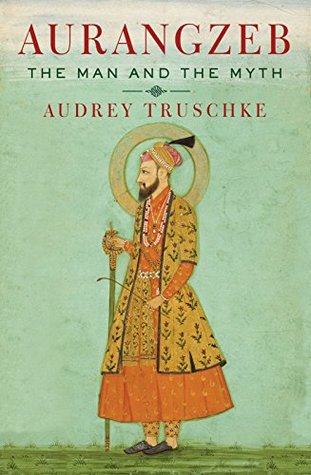Aurangzeb’s willingness to compromise his ideals notwithstanding, the king espoused a paternalistic view of his obligation to his subjects. He considered himself responsible for ensuring not only the physical but also the moral well-being of those living under his regime.
Welcome back. Just a moment while we sign you in to your Goodreads account.


